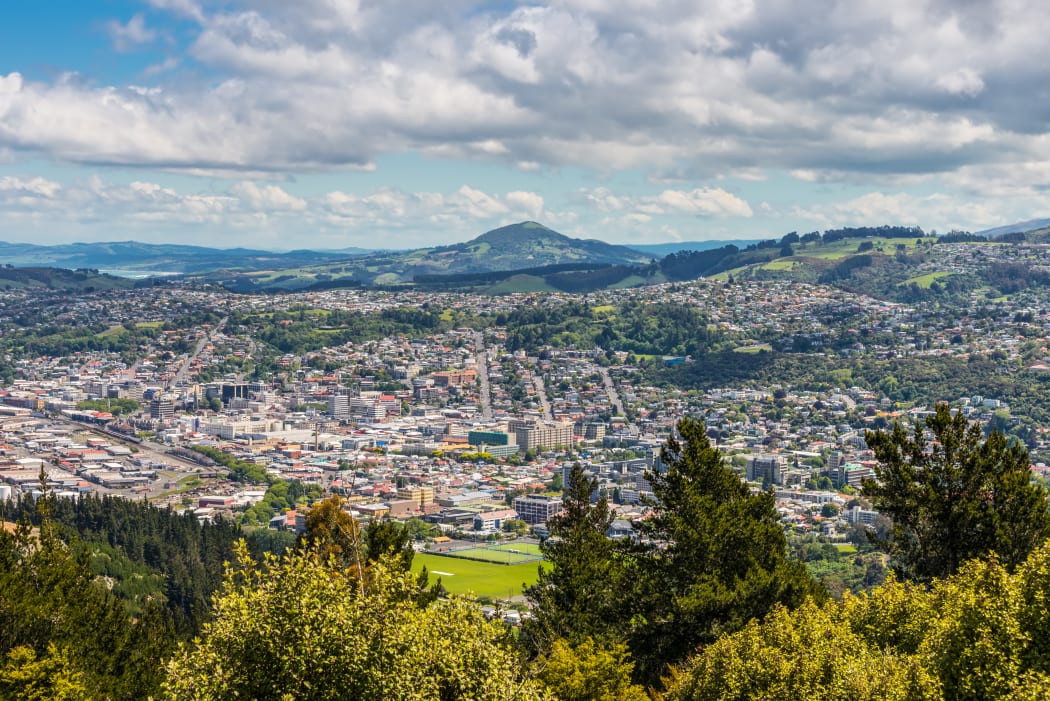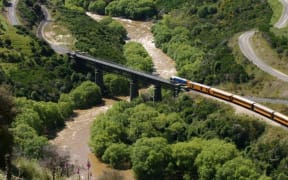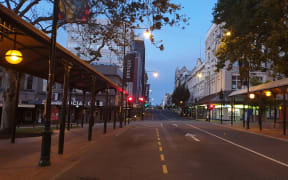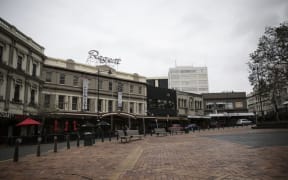The Dunedin City Council has agreed to limit rates to an increase of 4.1 percent for the coming financial year.

Photo: 123RF
A 6.5 percent increase was proposed in the council's initial consultation documents, but that was before Covid-19's financial ructions worldwide.
As a result of the pandemic the council expected a reduction in revenue of about $6.5 million.
However, council staff had identified $4.8 million in operational savings.
The council also needed to spend $1 million to mothball Dunedin Railways' assets.
Dunedin Railways, which operates Taieri Gorge Railway, announced last month it would be mothballing its assets and laying off 51 staff in light of Covid-19's effects on the local tourism market.
A proposal by the Rail and Maritime Transport Union to run a trial commuter rail service between Mosgiel and Dunedin to save jobs at the company was not going to be possible.
At today's Dunedin City Council annual plan deliberations a proposal for a $75,000 feasibility study was tabled, but it would take six to eight weeks to complete and the trial another six weeks.
The timeframe was too short considering freight rail would ramp up before then.
As a result it was voted down unanimously.
Councillors backed a motion to limit rates increases to 4.1 percent with the support of 11 councillors to four.
The council would borrow $7.5 million to offset revenue losses and Dunedin Railways' mothballing costs.
Councillors also agreed to set aside $500,000 for a Covid-19 recovery fund for the community.
The plan would allow the council to deliver the same level of service and its planned infrastructure spend.
However, among those against the plan was the runner-up to last year's mayoral race, Councillor Lee Vandervis.
Vandervis pushed for a zero rates increase and zero increased borrowing plan, labelling his colleagues as "the most irresponsible council in Dunedin's history".
"We here around this table are running arguably the largest business that Dunedin ratepayers have a share in and we are running it in a way that is absolutely devoid of any sustainable business practice . . . always talking about sustainability but always doing the unsustainable is leading Dunedin into further undevelopment, falling behind other city centres and heading us towards financial disaster," he said.
But Mayor Aaron Hawkins emphasised what the rates increase would be spent on, and the existing financial assistance provided by central government to those affected by the Covid-19 fallout.
"This is people being able to turn on their tap and drink the water that comes from it. It's about people being able to flush their toilet. Use roads and footpaths and cycleways. Use parks and reserves and venues. It's rubbish and recycling collection. It's supporting community groups, events, businesses, festivals. It's investing in our natural environment and adapting to our changing climate to present but a short list of what is contained within this budget that requires resourcing," Hawkins said.
"There's always more we can do in almost all of those areas . . . but I do think for a city of this size and a population of this size it is remarkable that we are able to deliver so much for our community."
Others, such as Councillor Jim O'Malley, pushed for capping rates increases at 3.5 percent and borrowing more to pay for the Covid-19 recovery fund, but accepted service and infrastructure maintenance must be maintained.
Councillor Mike Lord said he was ambivalent about either option, but doing nothing and spending nothing was not on the table: "I know some people [opposed to rates rises] will say we're all a bunch of twits that don't know anything, but I can wear that".
The council's city services general manager, Sandy Graham, said a no-increase-to-rates-and-borrowing option was briefly considered by staff, but would require restructuring and reduced service.
The Dunedin City Council had applied to the central government for millions of dollars of funding for shovel-ready projects.
Chief executive Dr Sue Bidrose said maintaining staff levels meant they would be ready to begin those projects if funding was granted.
"Make no mistake it will be austere and it will be tight, but we have left sufficient funding for sufficient staffing for those shovel-ready projects which could bring in tens of millions of dollars of work to the city," she said.
The annual plan deliberations continue tomorrow.





